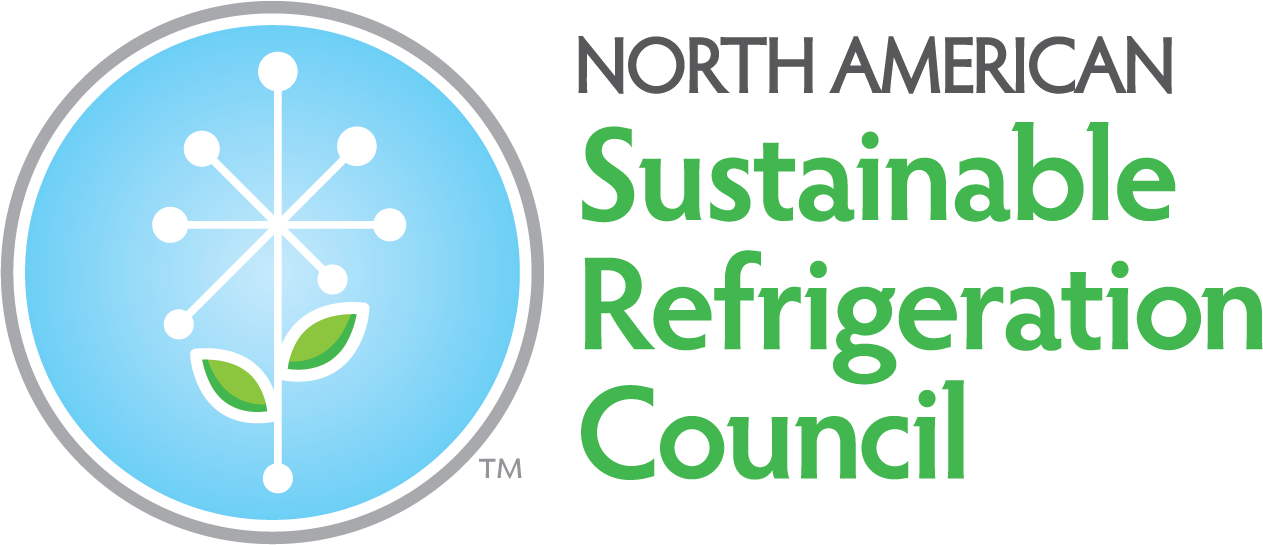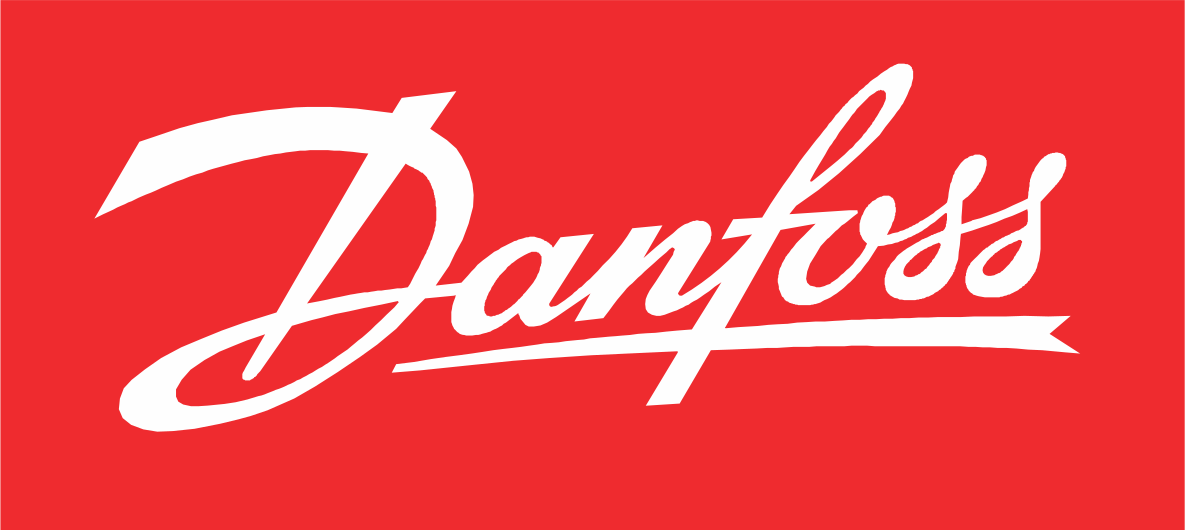Burlington, Vermont -- The state of supermarket refrigeration is changing rapidly. Hydrofluorocarbon (HFC) refrigerants are the most commonly used refrigerants today and have been named the fastest growing source of greenhouse gas emissions globally. This recognition has caused an onslaught of new refrigerant regulations at the federal, state and local levels, causing many food retailers to rethink their refrigeration strategies. Natural refrigerants, including ammonia, carbon dioxide (CO2), and propane are considered “future-proof” refrigeration options, but are not yet widely adopted by the industry.
On October 3rd, the North American Sustainable Refrigeration Council (NASRC), VEIC, and Efficiency Vermont, the statewide energy efficiency utility operated by VEIC, sought to provide insight on these future-proof refrigerants though a free Natural Refrigerants Workshop sponsored by Danfoss and True Manufacturing. The event was attended by roughly seventy commercial refrigeration stakeholders, including end-users, service contractors, manufacturers, engineering and design firms, consultants, nonprofits, utilities, and suppliers.
“The purpose of this workshop was to get commercial refrigeration stakeholders together in one room to discuss the many natural refrigerant options and the obstacles still facing the industry,” said Ali White, Energy Consultant at VEIC. “We often work in silos, so our objectives were to encourage the sharing of perspectives, to generate business relationships, and to increase the understanding of natural refrigerant technologies.”
Keilly Witman, owner of KW Refrigerant Management Strategy, facilitated the workshop. She set the stage with a discussion of the “mega-trends” influencing supermarket decisions, including growing urban populations, the changing function of brick and mortar stores, increasing regulations, technology advances that outpace codes and standards development, and human capital shortages.
For the remainder of the workshop, several commercial refrigeration manufacturers shared insights on natural refrigerant choices for new and existing stores, and how the mega-trends relate to each technology option.
Michael Lehtinen of Kysor Warren kicked off the manufacturer presentations with an overview of natural refrigerant rack options in new store construction, including CO2 transcritical, ammonia/CO2 cascade, and propane/CO2 cascade. Lehtinen echoed the sentiment that natural refrigerants are a future-proof option that present opportunities to get ahead of increasing refrigeration regulations.
Todd Washburn of True Manufacturing followed Lehtinen with a discussion of self-contained propane systems in new stores. He discussed the opportunities presented by this technology, including significant energy efficiency gains and increased merchandising flexibility.
The second half of the workshop focused on natural refrigerant options for existing stores, disputing the misconception that natural refrigerants are only a viable option in new stores. Efficiency Vermont started the conversation by announcing their exploration of a CO2 condensing unit pilot program in 2019 to test the potential energy savings this technology could offer to small-format stores. Though condensing units are available in other areas of the world, they are not in use in the United States, making this potential program even more exciting.
“CO2 condensing units offer tremendous potential for commercial refrigeration applications, from large supermarkets to small-format convenience stores,” said Danielle Wright, Executive Director of the NASRC. “This technology makes the transition to low-GWP refrigerants more economically feasible by allowing for retrofit options and offering efficiency gains.”
John Prall of Embraco followed the announcement with a presentation on self-contained propane options in existing stores, including a walk-in remodel and a full store remodel to replace a rack system. He spoke of the benefits an increased propane charge limit would have on both the available options for remodels and the potential energy savings. There is currently an international proposal to increase the propane charge limit from 150 grams to 500 grams, which will go to a final vote in December or January.
David Tomicki of Hussmann followed Prall with a discussion around the use of CO2 transcritical systems in existing stores. He shared a case study of a Hannaford Brothers store in New England that adopted a CO2 transcritical system in an existing store, highlighting that these projects can be done without any down time, without impacting customers, and with minimal risk to products.
Peter Dee of Danfoss concluded the manufacturer presentations with a discussion of automated controls and the benefits they offer for all systems and equipment, including potential energy savings, reduced carbon emissions, and increased food safety and quality.
“It was great to attend the workshop in Burlington, Vermont to discuss natural refrigerants and some of the new technology and equipment that is available,” said Josh Smith, Manager of Refrigeration Services at Ahold Delhaize’s Retail Business Services. “I enjoyed being able to give feedback to manufacturers as well as discover new ways that we can incorporate natural refrigerants into future projects.”
The day closed with a discussion of the opportunities and threats presented by each mega-trend. There was an overwhelming sentiment from workshop attendees that though natural refrigerants present a number of opportunities, there are still hurdles that still need to be addressed to give natural refrigerants an equal spot on the market.
Primary hurdles presented by the NASRC included upfront and ongoing costs, service readiness, and codes and standards. The NASRC is working directly with stakeholders from the commercial refrigeration industry to address these barriers head-on and put natural refrigerants on par other refrigerant options.





